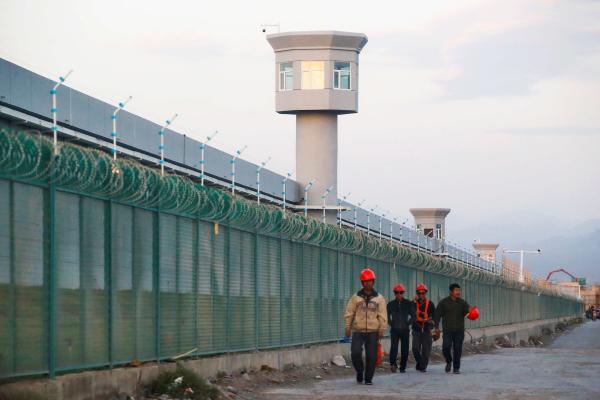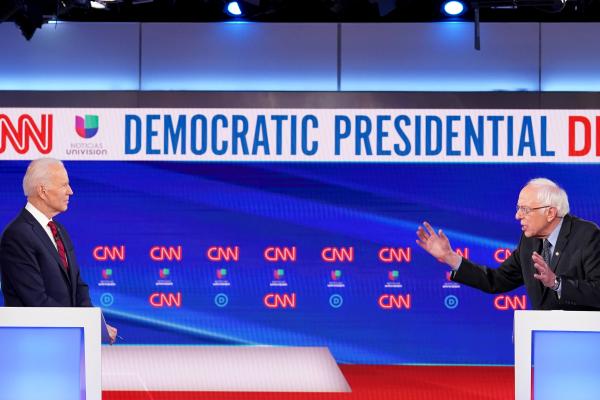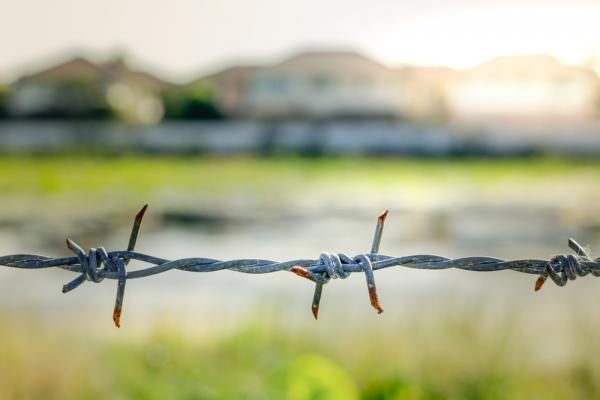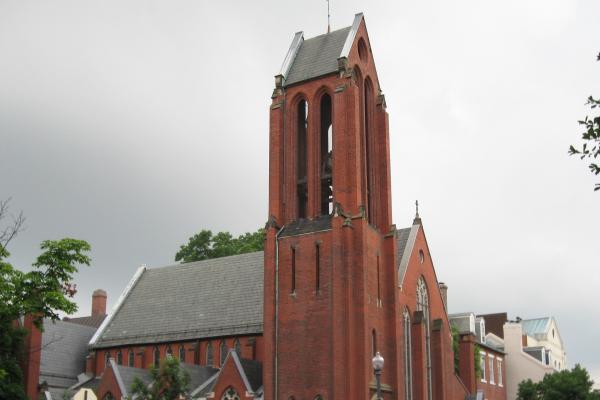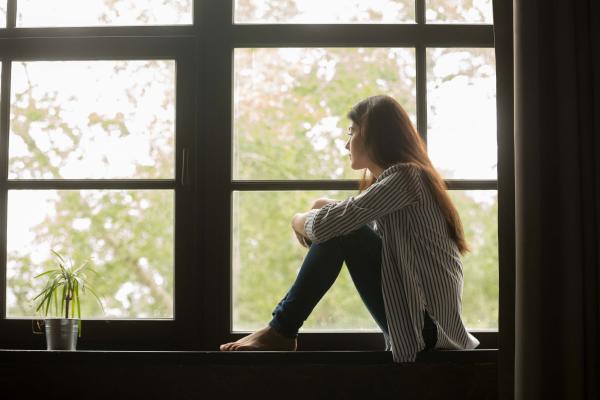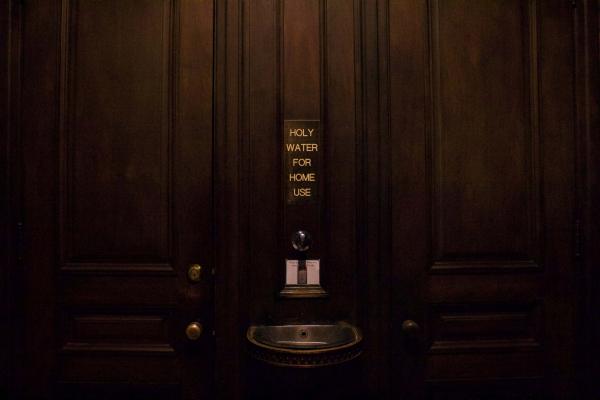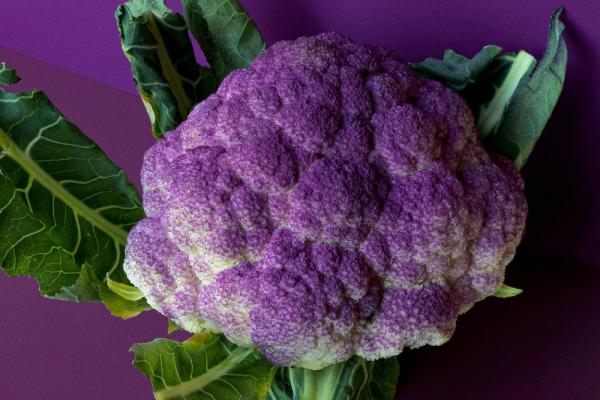The Congressional-Executive Commission on China released a report last week in conjunction with the bill’s unveiling, saying that Xinjiang authorities are “systematically forcing predominantly Muslim ethnic minorities, including Uyghurs, Kazakhs, and others, to engage in forced labor.”
We don’t have to guess at the damage that will be caused by financial barriers to care.
Ed Gramlich, a housing policy adviser at the National Low Income Housing Coalition, said jurisdictions had to analyze impediments to fair housing choice in their communities, but these reports were often not well-written or “just sat on a shelf because the community didn’t even know they existed.”
On March 7, our rector, Tim Cole, was diagnosed with COVID-19, the disease caused by the new coronavirus. Sleepless nights and frenzied days followed. The pace has been relentless. My concern for our community, especially its most vulnerable, my family, and my own health have left me tender and, at times, fearful. Yet, through it all, God remains close and grace abounds. While I am limited to phone calls and video chats, I have never felt closer to my people. We have whispered our fears, laughed at our misplaced anxieties, and committed ourselves to being church, even without our beloved building and cherished traditions.
Our new normal in a time of coronavirus: pastoring, loving our neighbor, preserving mental health, and more.
As I write this piece, my sons are not at school but home with me, because their elementary school decided to start Spring Break three days early to slow possible transmission of the virus and keep the community as safe as possible. While this has caused some inconvenience, I realize just how fortunate I am — I can work from home when needed and I have access to both sick leave and personal days. This is not the case for the majority of workers in the country. Congress will likely be voting soon on the Families First Coronavirus Response Act, which would provide urgently needed funding and provisions for free testing, three weeks of paid sick leave, unemployment insurance, supplemental food stamps, and nutritional support to kids who depend on school lunch. I’m hopeful and prayerful that the White House and Congress can transcend politics in this moment and pass this bill, because the virus knows no party and a bolder response is overdue.
COVID-19 reminds us that we cannot function alone. Some social gaps can make people more vulnerable. For example, if someone in your community has the symptoms of COVID-19, would that person have someone to call? They may need a method to get to the hospital. They may need help in paying for the medical bills because they’re uninsured or underpaid. If schools closed down in your area, and the parents still needed to go to work, would the children have somewhere to go? Would they have something to eat? If someone in your community is experiencing anxiety regarding the virus, are your community members equipped for the pastoral care work of acknowledging fear and offering solidarity and love?
As pastors and church leaders determine how best to shepherd their congregations during this health crisis, Sojourners reached out to those who have experience for their best words of advice. Below, we’ve compiled their thoughts.
Ash Wednesday 2020 marked a meat-free decade for me, a spiritual choice I made in 2010, just after I became engaged to a devout Hindu. What began as both a Lenten fast of solidarity and desperation — my husband is the cook, I am not — has held steady. A liturgical season turned into a year, then another and another. At each meal, I’ve made choice: Do I eat meat or not? Why or why not?
